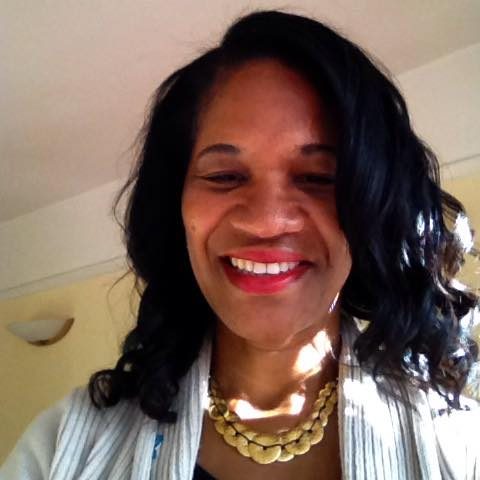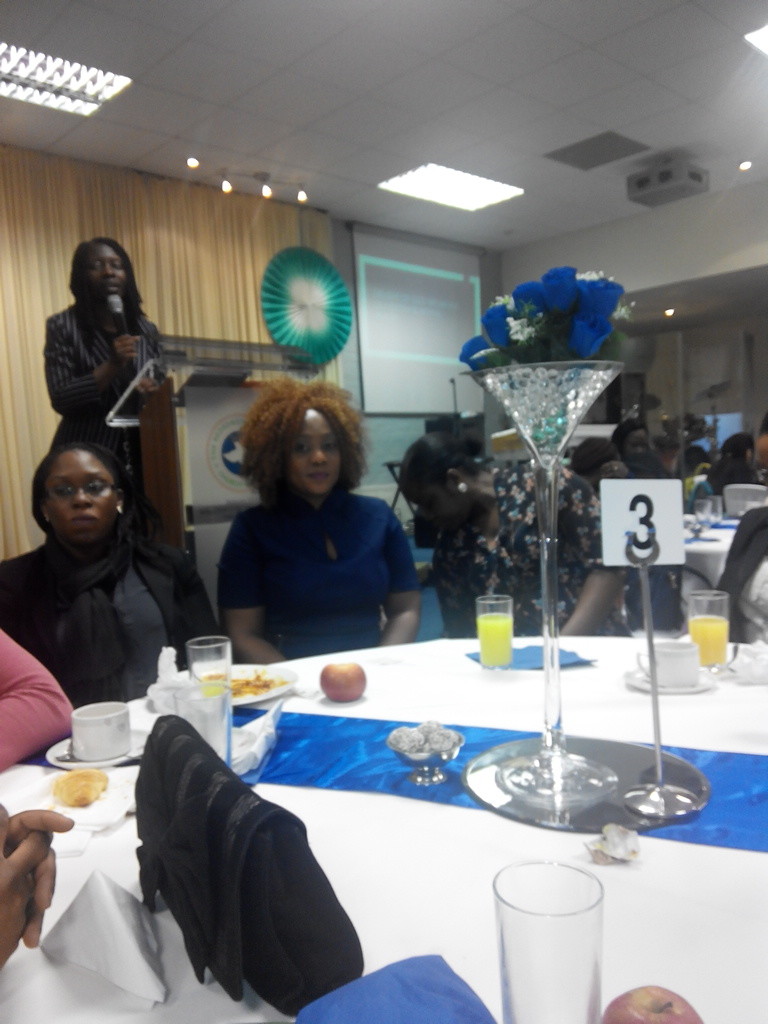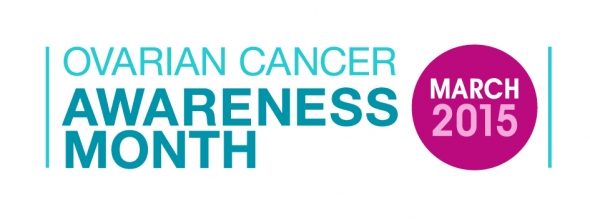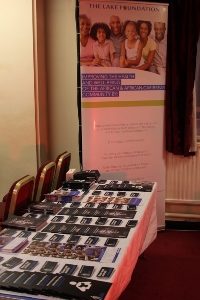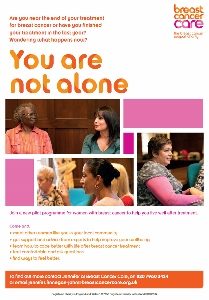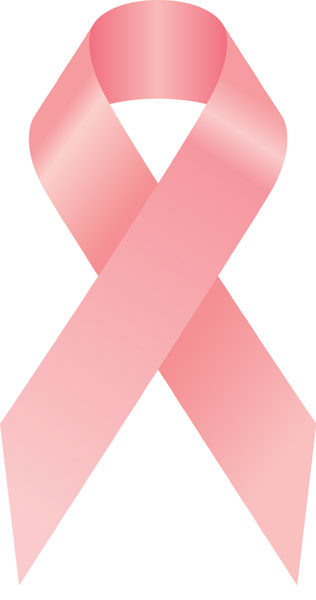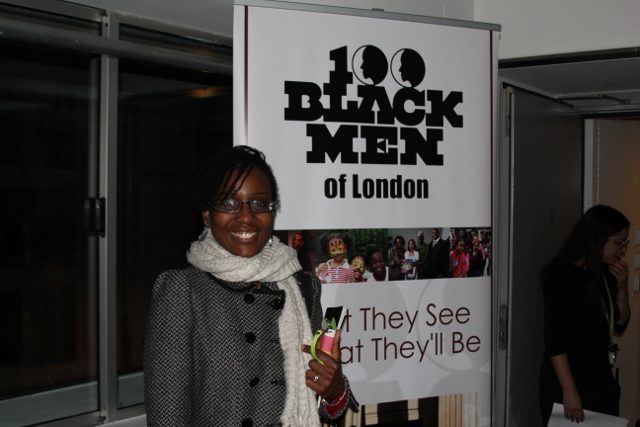We talk to Adele and find out about her experience with breast and ovarian cancer
In this week’s blog we speak to the very inspirational Adele Sewell. Adele was diagnosed with breast cancer in 1999 and in 2007 was faced with cancer again when she was diagonsed with ovarian cancer.
Adele tells us about her experience with both breast and ovarian cancer, what she has learnt from her experience and why she thinks the black community is hesitant to talk about cancer.
How was your breast cancer discovered?
My breast cancer diagnosis was quite straightforward. I found a lump in my breast, I went to my GP and was referred for a biopsy, a mammogram and an ultrasound. The mammogram and biopsy were both inconclusive but the ultrasound confirmed it was cancer. I was 35 years old at the time, fit and healthy with no apparent risk factors for breast cancer. I had surgery (a lumpectomy which just removed the cancer plus a margin around it to prevent spread or recurrence). A few lymph nodes were removed from under my arm and as no cancer was found in these I did not have to have chemotherapy, just radiotherapy. Radiotherapy was 3 times a week for 6 weeks. I have been lucky and 16 years later this cancer has not returned. Touch wood and fingers crossed!
How was your ovarian cancer discovered?
The ovarian cancer diagnosis was quite a different story and a rather long road from first symptoms to final diagnosis. It took about 18 months and several visits to my GP before I was finally diagnosed. As a result the cancer was a late stage diagnosis. The symptoms I had started in early 2006 and I was not diagnosed until Sep 2007. The symptoms included urinary frequency, vaginal discharge, sciatica, lower abdominal pain, bloating, constipation. Also other random symptoms such as hiccups and a pain when I pressed my belly button, loss of inches around my hips but gained inches around my belly. This is because while the cancer was causing me to effectively lose weight, accumulation of fluid in the stomach, called ascites was stretching my abdomen.
Do your doctors know why you developed both breast and ovarian cancer?
When the diagnosis of ovarian cancer came the doctors said that people don’t usually get two completely separate primary cancers unless there is genetic involvement. I spoke to a genetic counsellor and agreed to have the blood test which came back showing that I had a mutation in the BRCA2 gene which is supposed to repair damaged DNA and so prevent cancer. It turned out that I had inherited this from my father. BRCA mutations in men can cause male breast and prostate cancer and my Dad died of prostate cancer, as did his eldest brother. My Dad’s cousin died of ovarian cancer in February this year and two of her sisters have had breast cancer, as have my sisters. Two of my Dad’s aunts are also thought to have died of cancer.
What has been the most challenging aspect of your journey with cancer?
Being told that my life expectancy was less than 5 years. Being told immediately after completing treatment that there was a 70 to 90% chance that the ovarian cancer would come back…which it did in 2010 and required further surgery and chemotherapy.
What life-lessons have your learnt from your experience?
Learning that each person is an individual and therefore that statistics and prognosis information will differ from person to person. Learning that it is ok to be vulnerable and to admit that you have fears. Learning that there are a lot of kind and generous people in the world.
What advice would you give to anyone who has recently been diagnosed with breast or ovarian cancer?
Don’t go on the Internet at 2am and search for ‘prognosis stage 3C ovarian cancer. Ask your consultant to tell you about people who have survived despite the odds.
We’ve noticed that the black community are hesitant to talk about cancer, why do think that is and how has talking about your experience helped you?
I have never met another black woman with ovarian cancer and I am sure that I am not the only one. I am not sure why black people are hesitant to talk about cancer. It is as though they are ashamed or embarrassed about it. I don’t know why that would be. I have found it really beneficial to talk to other women who have had breast and ovarian cancer. It is amazing to find that people who come from different walks of life, different ages and experiences find a common thread when they get together and share their experiences. It is very supportive to find others who feel the same way that you do.
Is there anything else you’d like to say to our readers?
I think the Lake Foundation Is a wonderful initiative which will be of great benefit to many. I am happy to still be alive, despite 3 cancer diagnoses, seven years after diagnosis with ovarian cancer and 16 years after diagnosis with breast cancer.
We’d like to say a big thank you to Adele for speaking to us about her experience. If you have any questions or comments please leave them in the comments sections below and if you’ve been affected by cancer and need someone to talk to, come along to our cancer support group. For more information click here.







